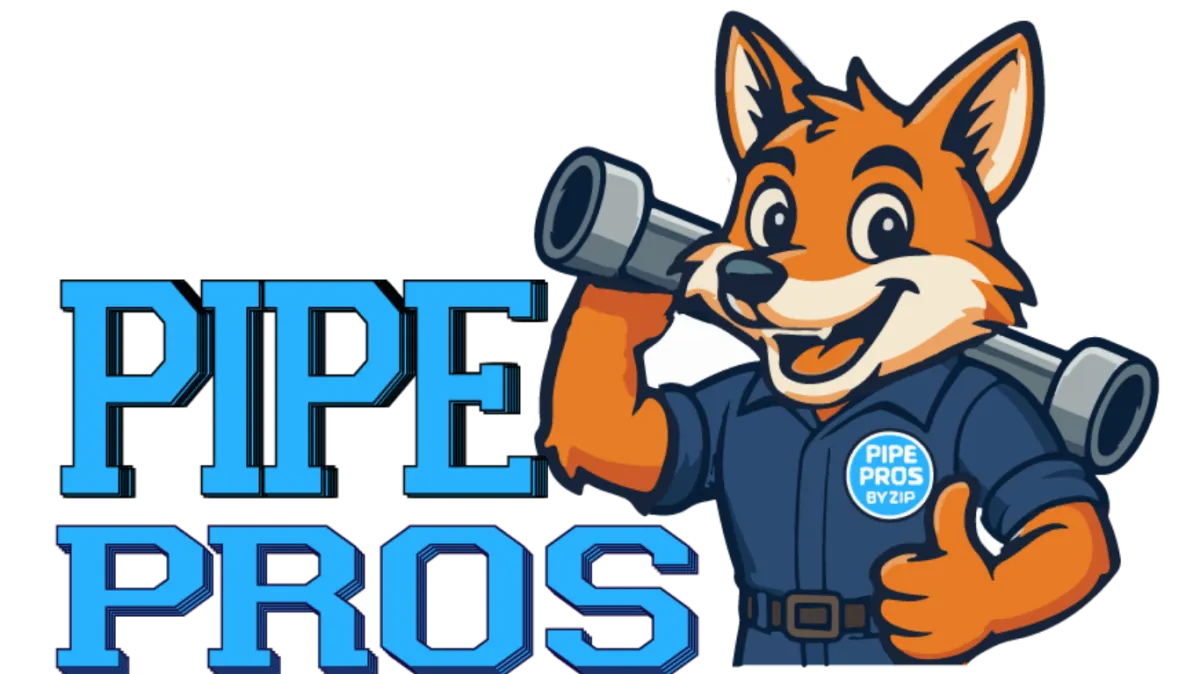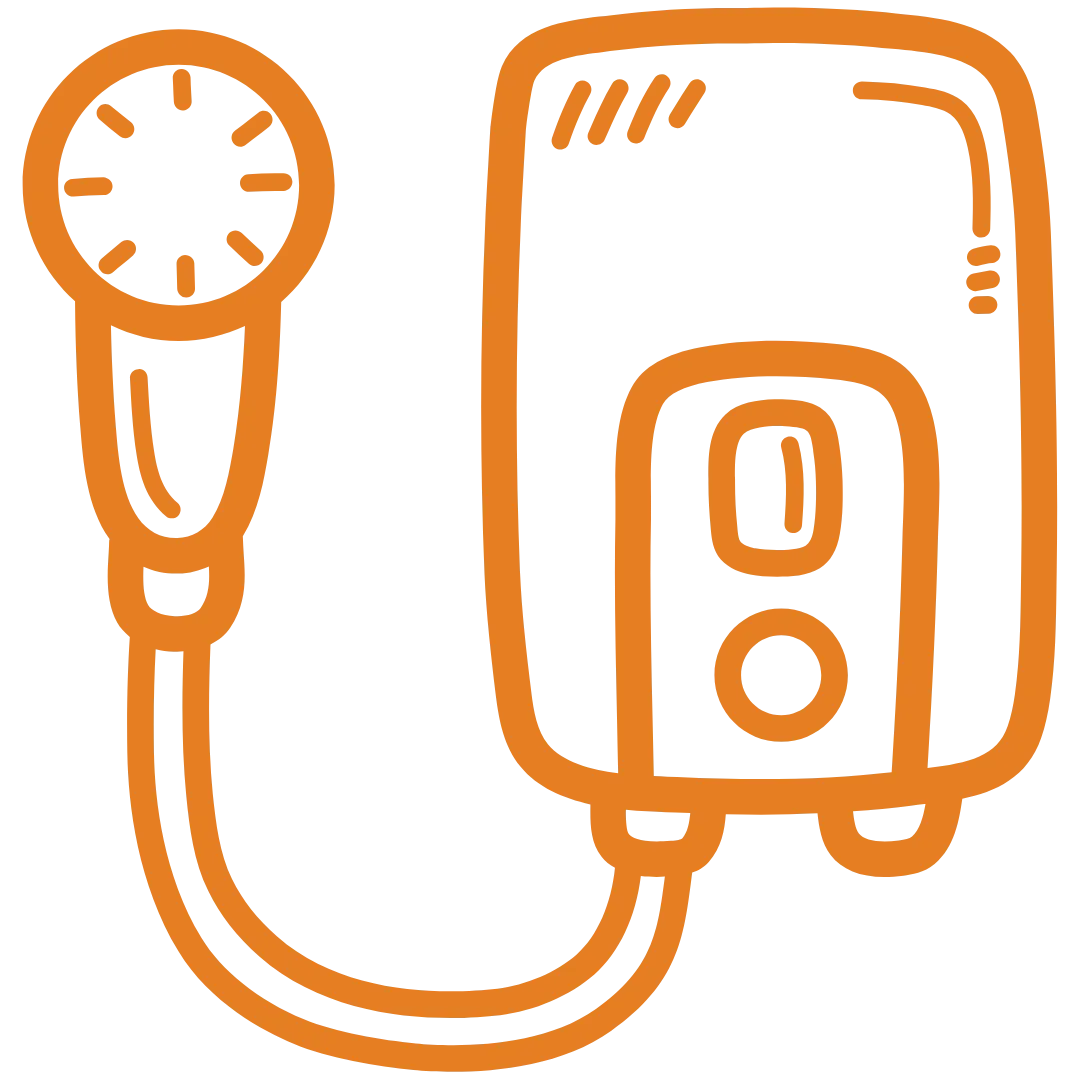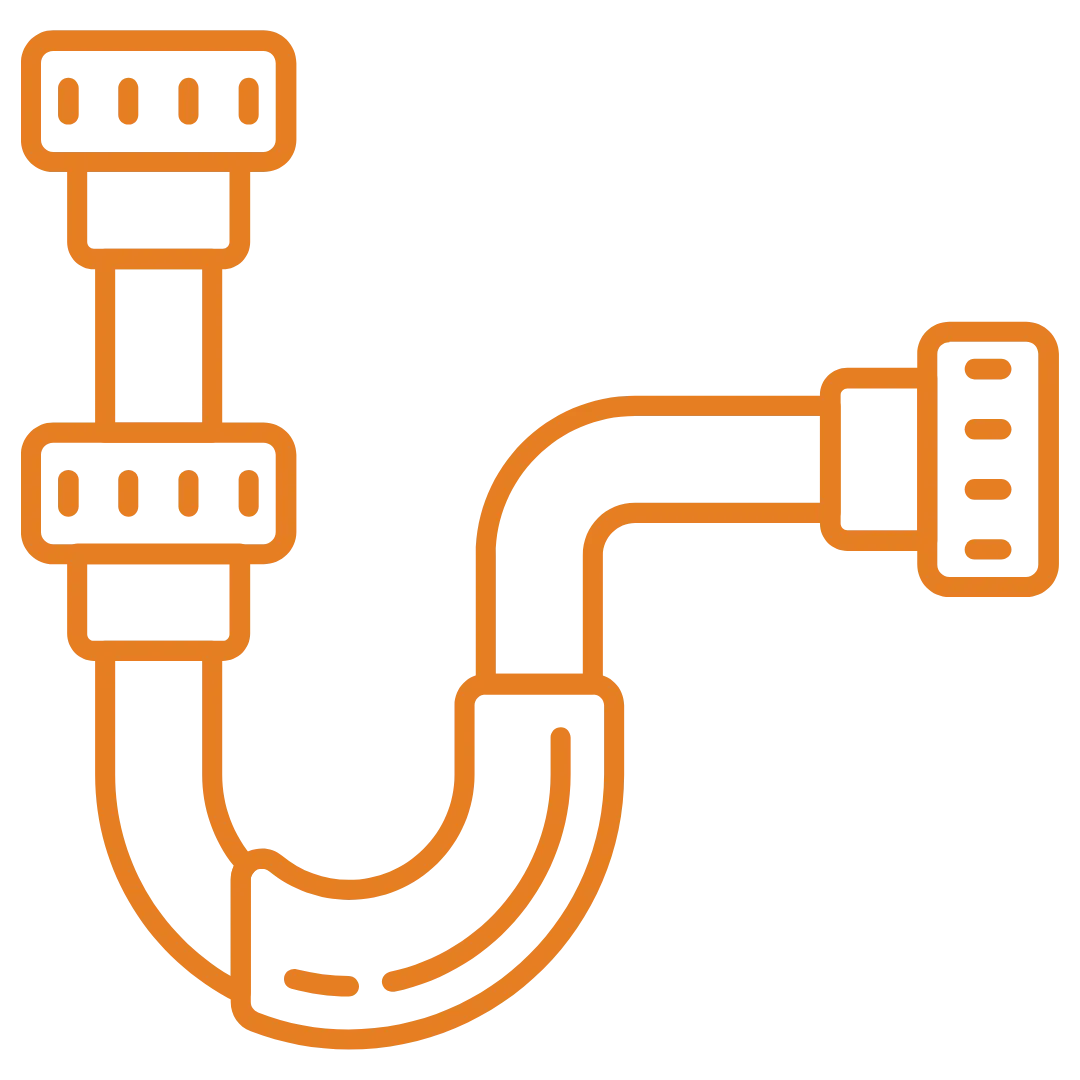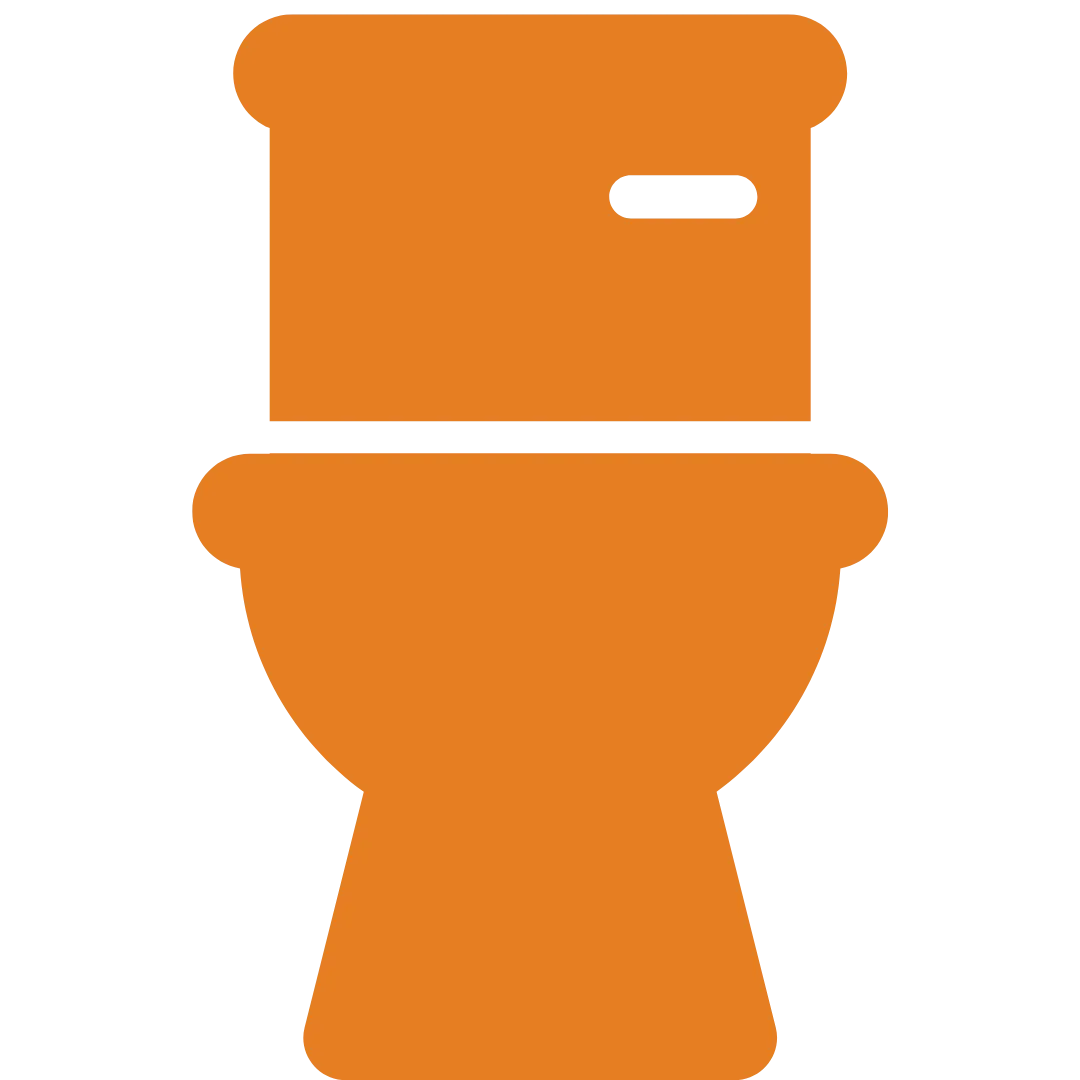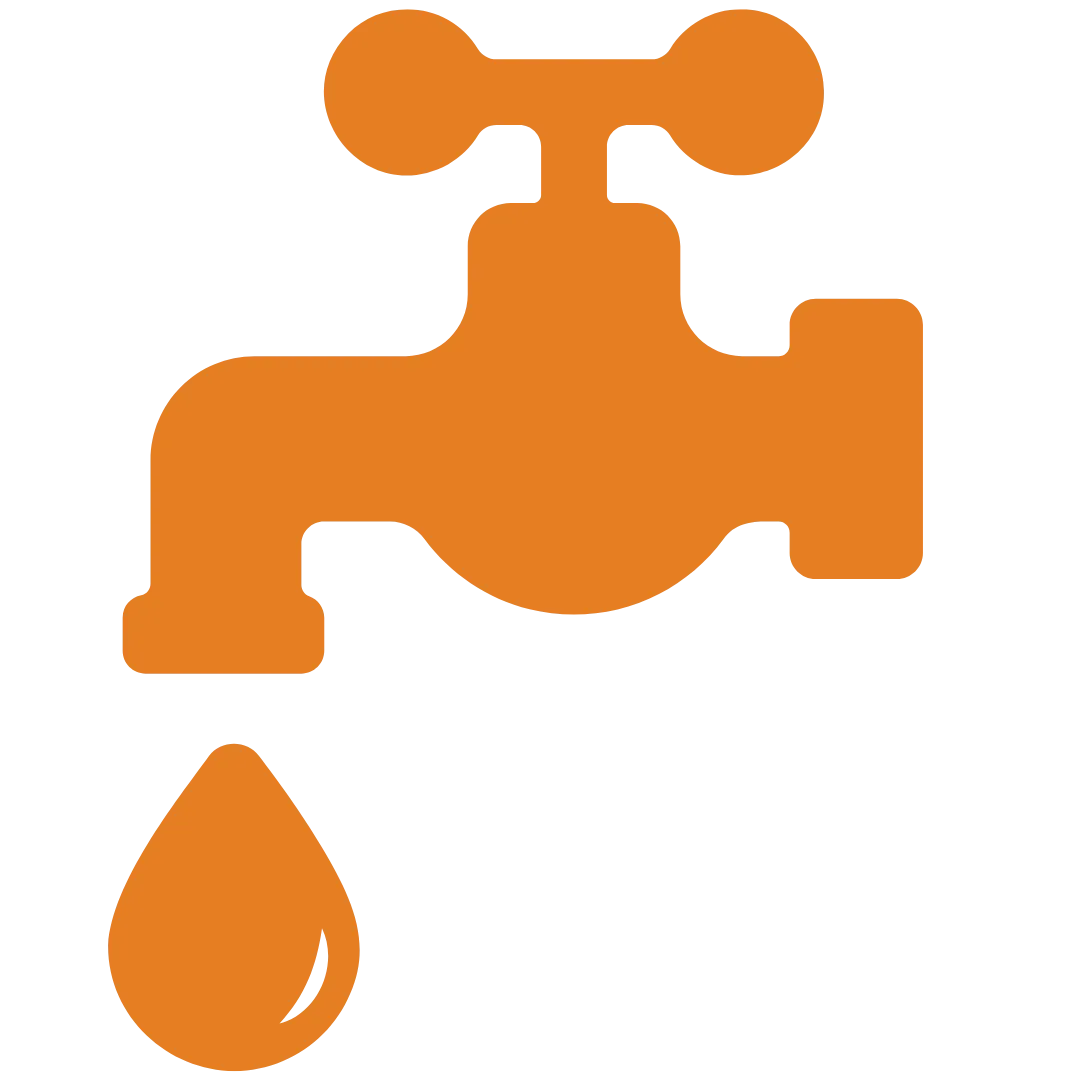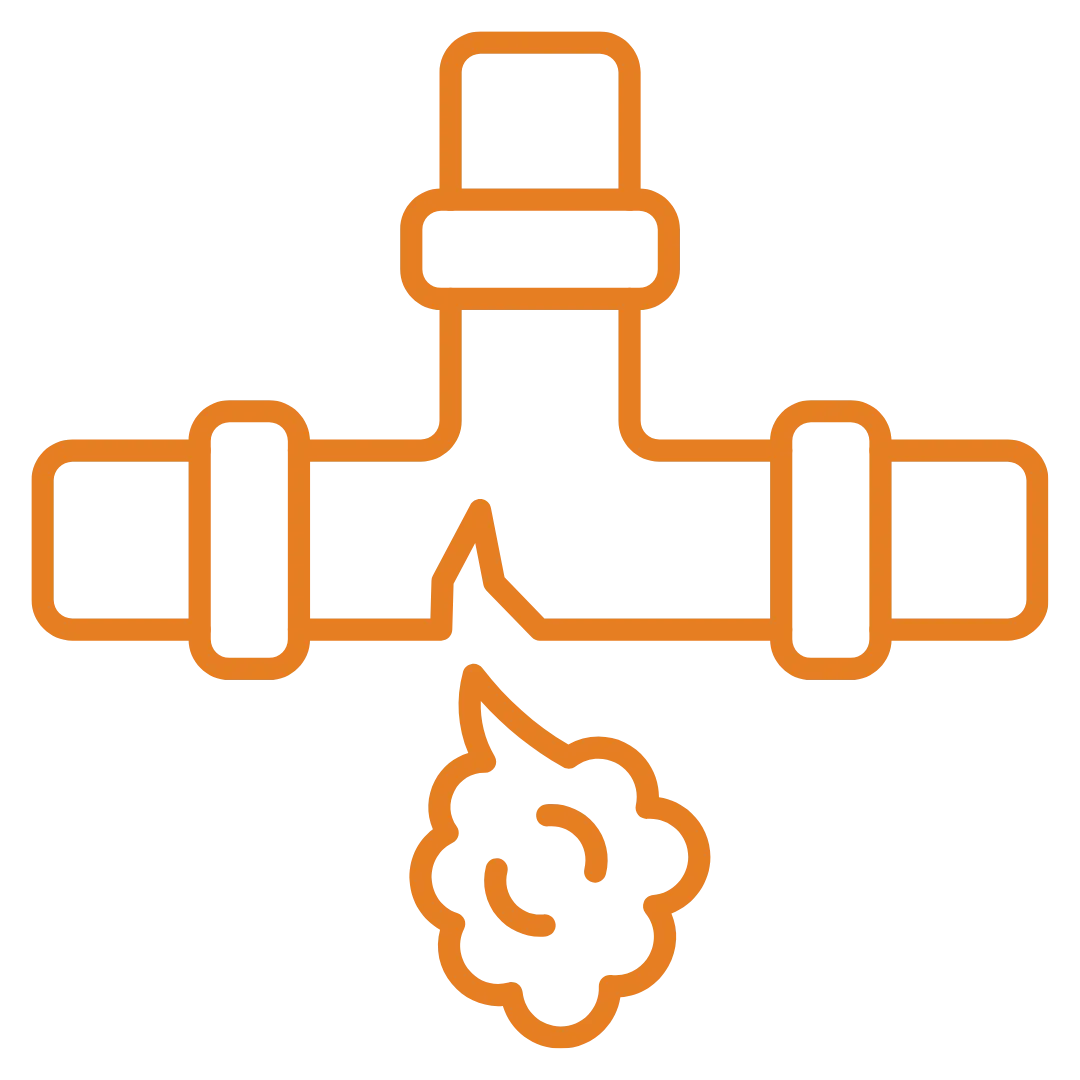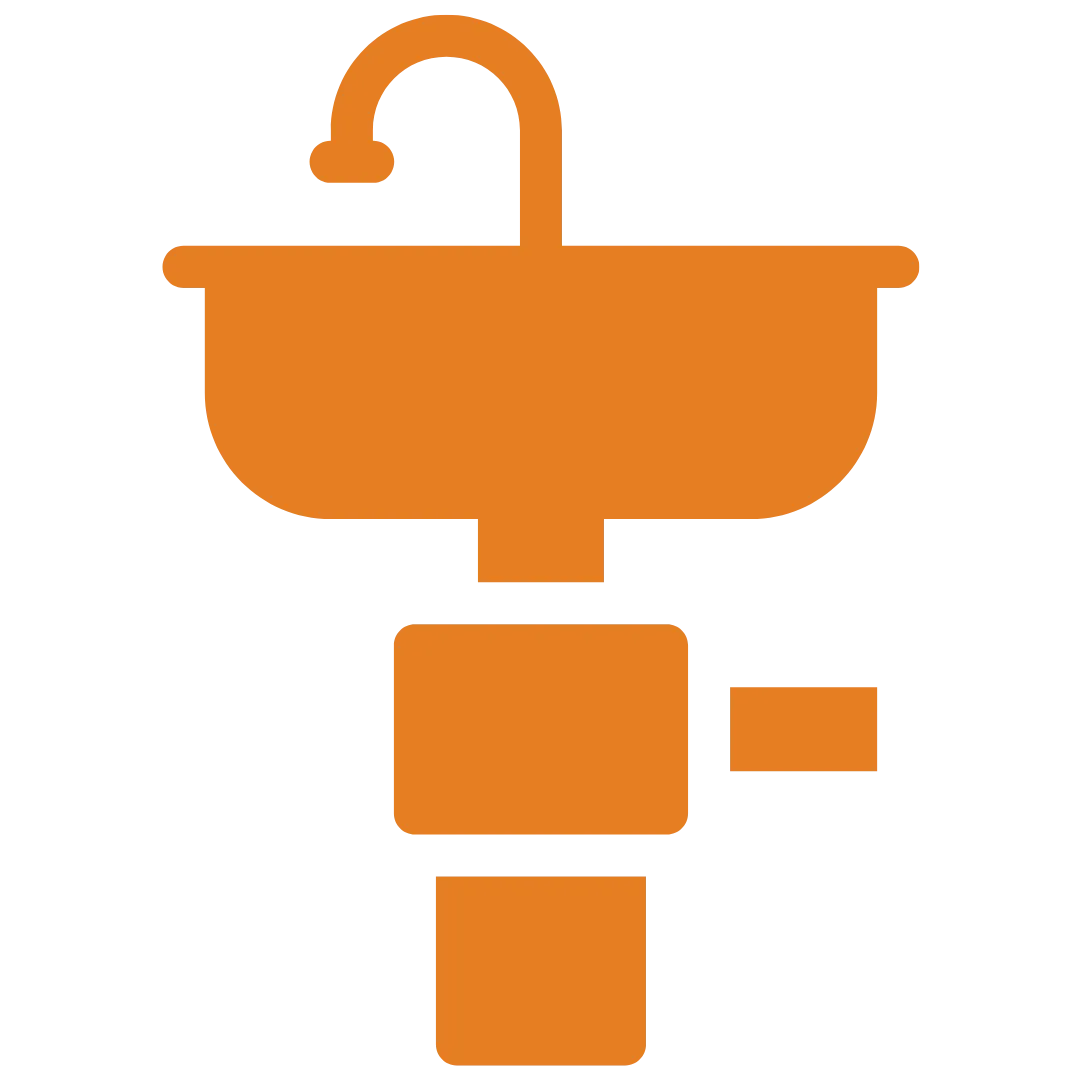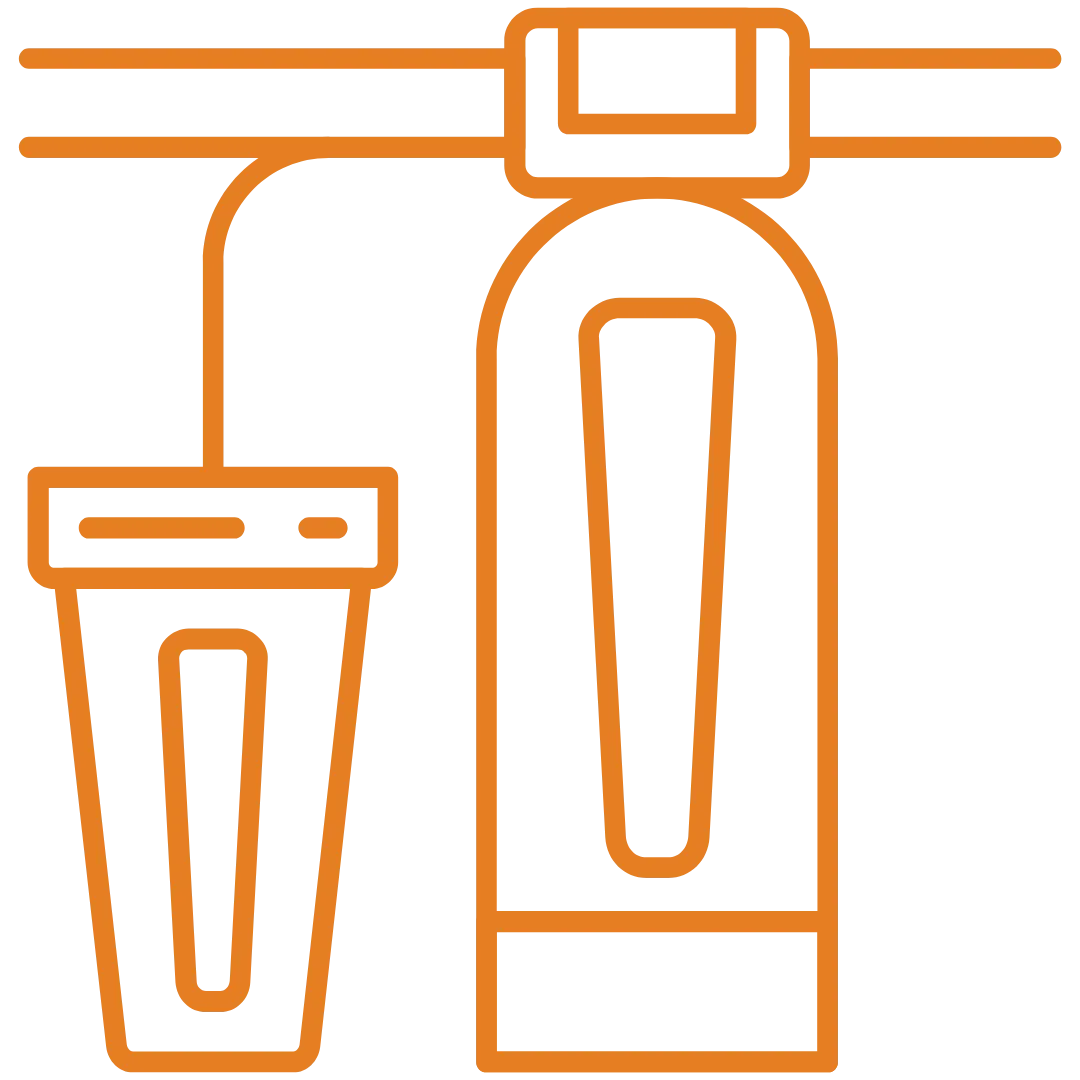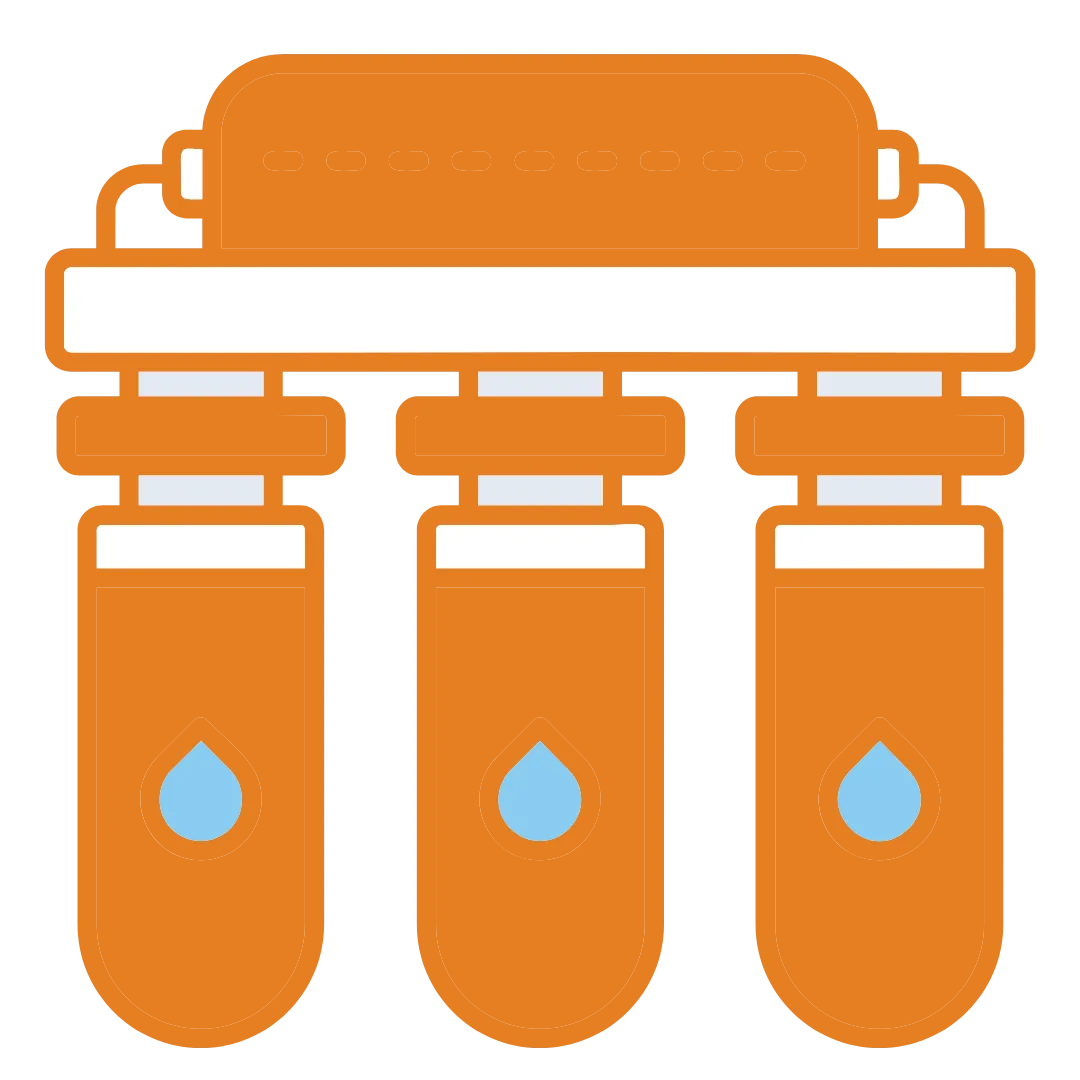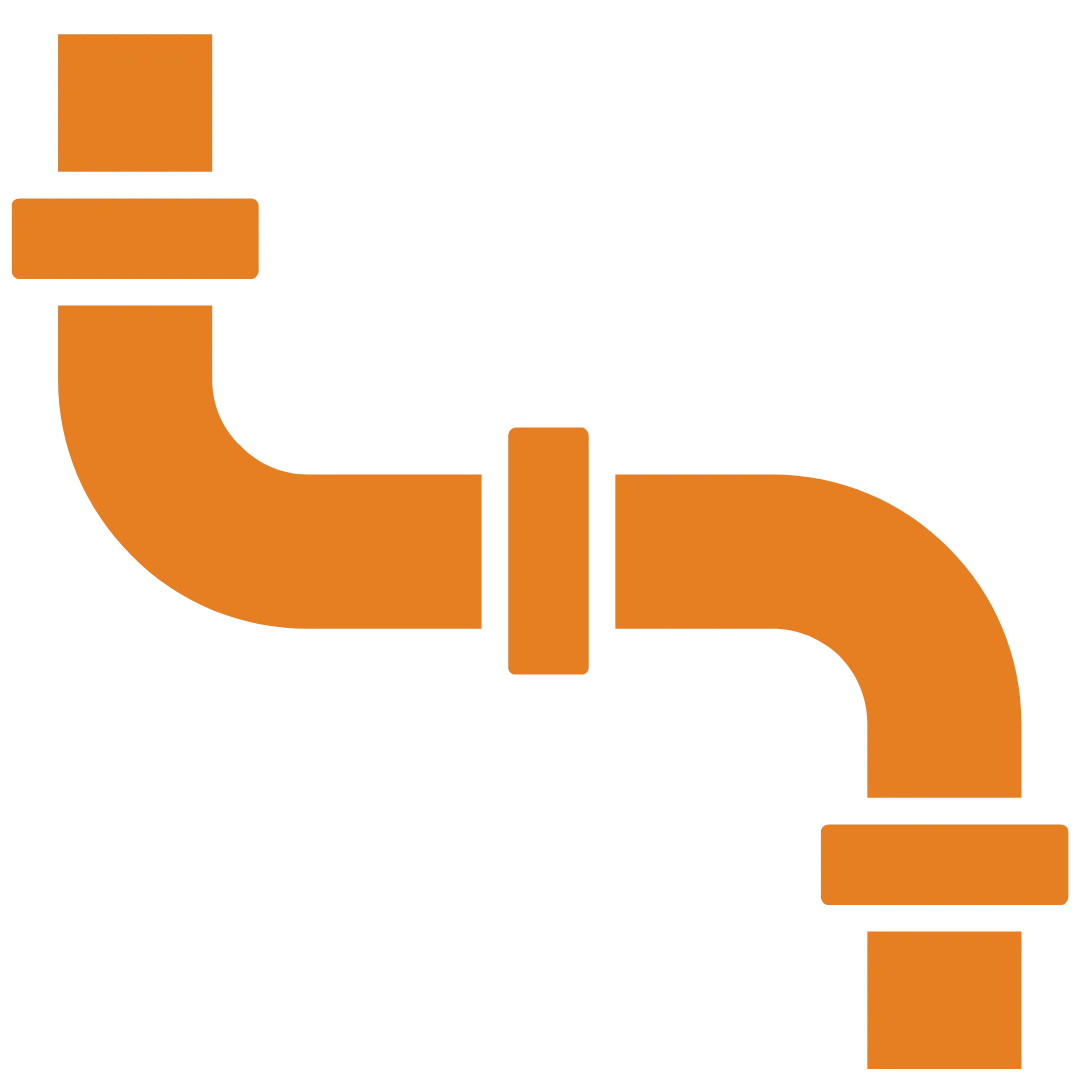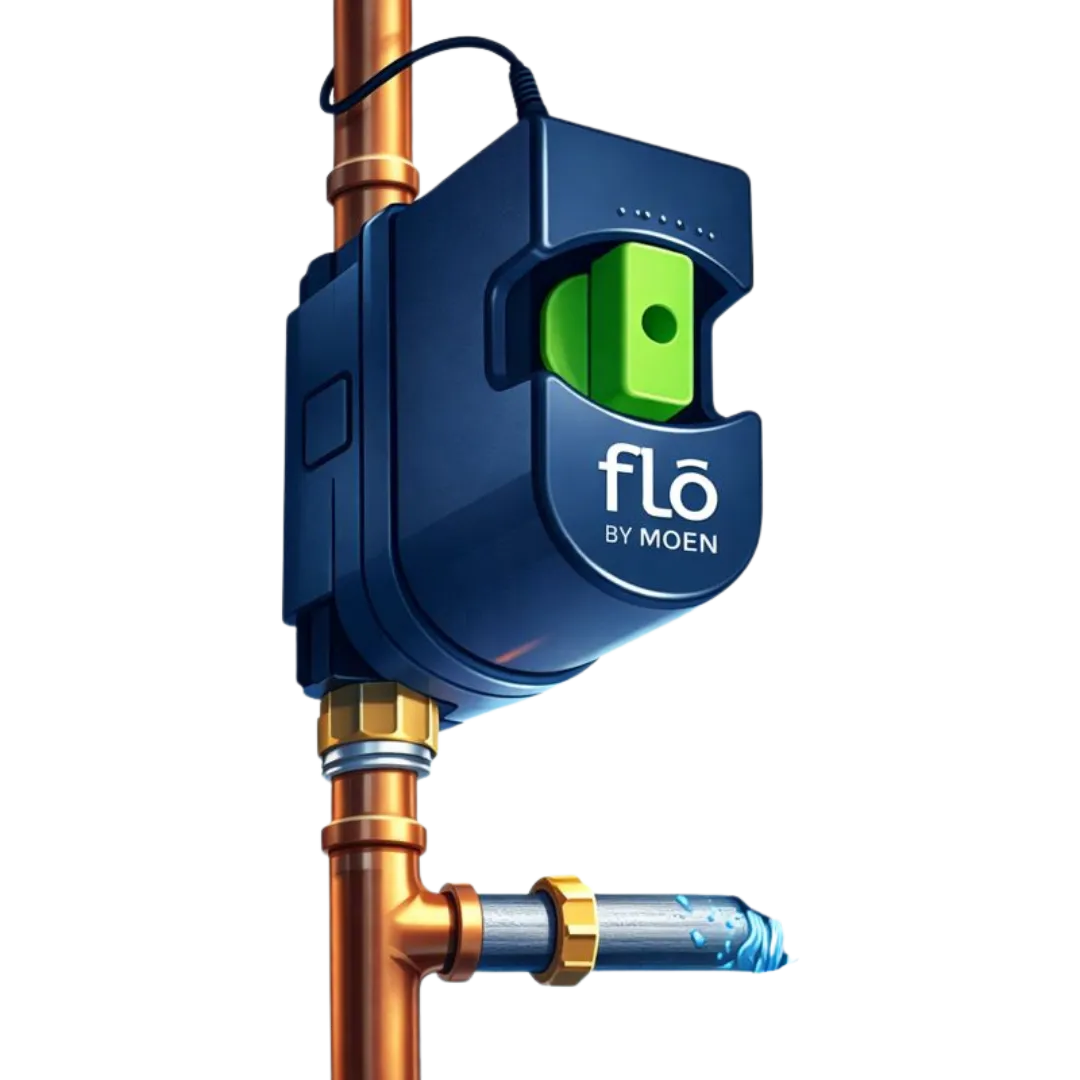Plumbers In Bakersfield You Can Rely On
Expert Plumbing leak detection and Plumbing pipe repair for Homes and Businesses – Fast, Reliable, and Affordable Service You Can Trust.
Water Heater Installation
Shower Installation
Faucet Installation
Emergency Plumber
Trust Our Zip Plumbers
At Zip Plumbers, we pride ourselves on delivering top-quality plumbing services you can rely on. With a team of licensed, experienced professionals, we tackle every job with precision and care—whether it’s a minor repair or a major installation. Our commitment to customer satisfaction means we always go the extra mile, offering transparent pricing, timely service, and expert solutions tailored to your needs. From routine maintenance to emergency repairs, you can trust Zip Plumbers to get the job done right the first time, every time.

Plumbing Problem? We can help you!
Professional Plumbing Services
Whether it's a leaky faucet, clogged drain, or a full-blown plumbing emergency, our expert team is ready to tackle the issue quickly and efficiently. With fast response times, reliable service, and affordable pricing, we're here to get your plumbing back on track—so you can get back to your day stress-free!
Leave The Work To Us While You Relax.
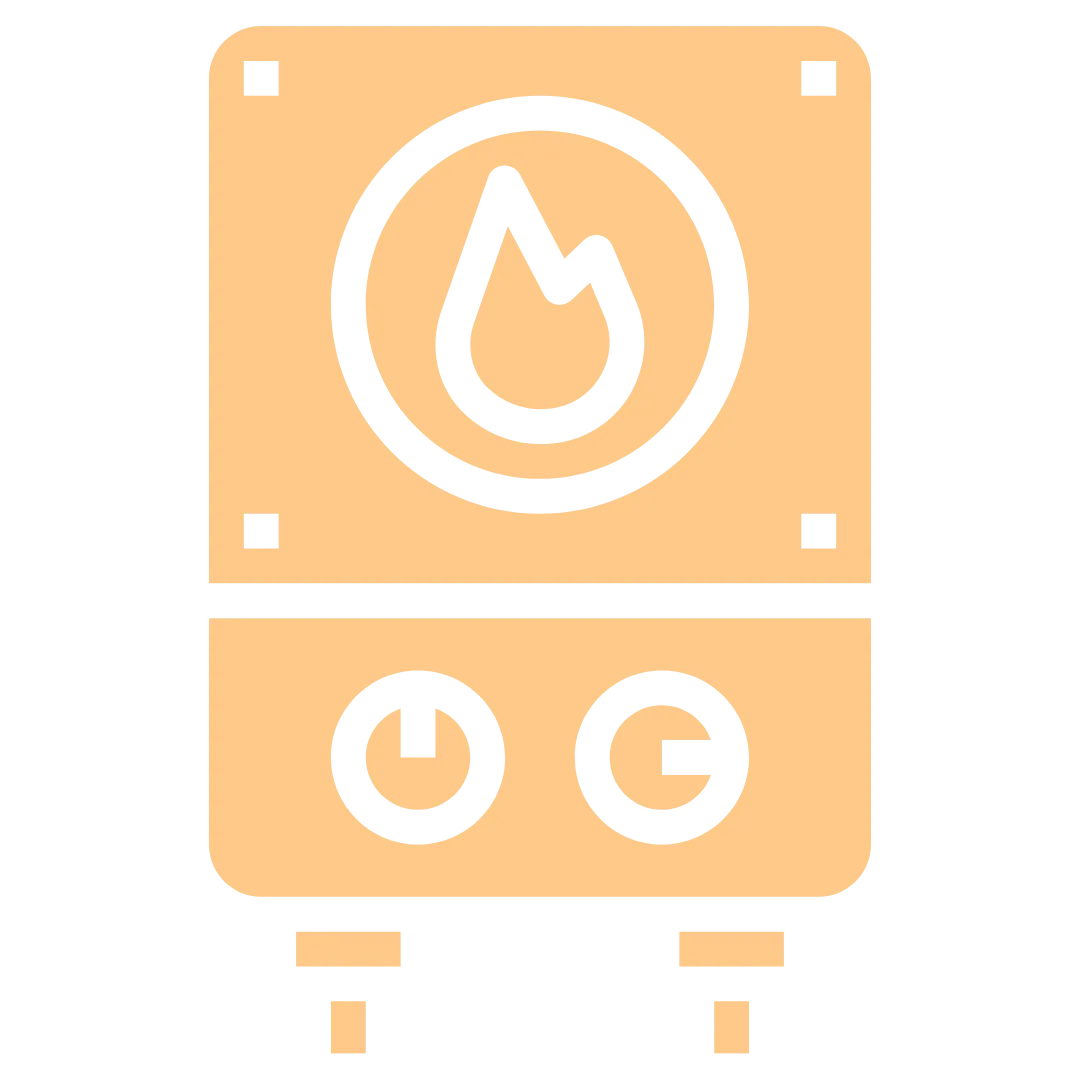
WATER HEATER
We’ll help you stay warm, save energy, and avoid costly breakdowns
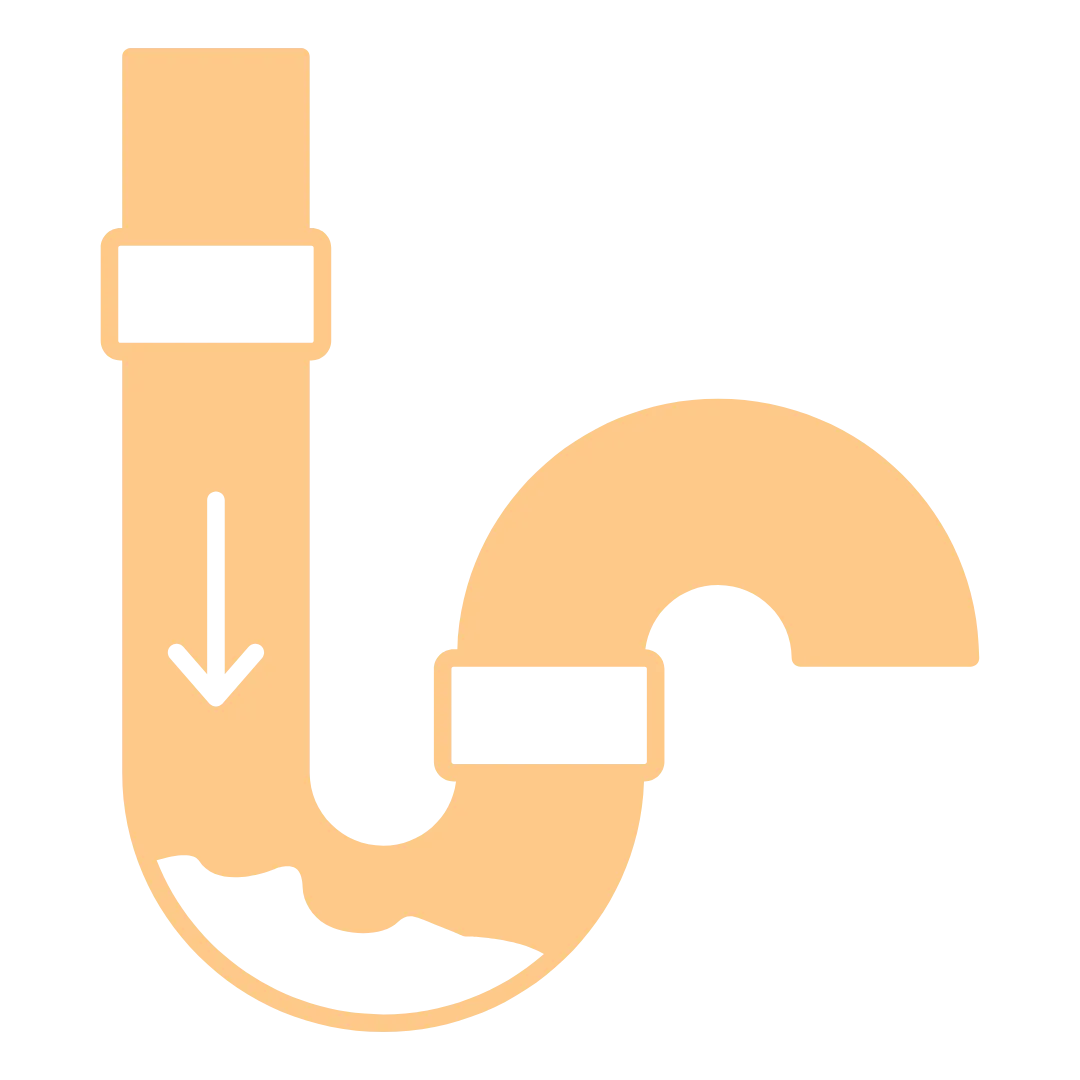
DRAIN SERVICE
We ensure your pipes are clear and functioning properly, helping you avoid backups and costly damage
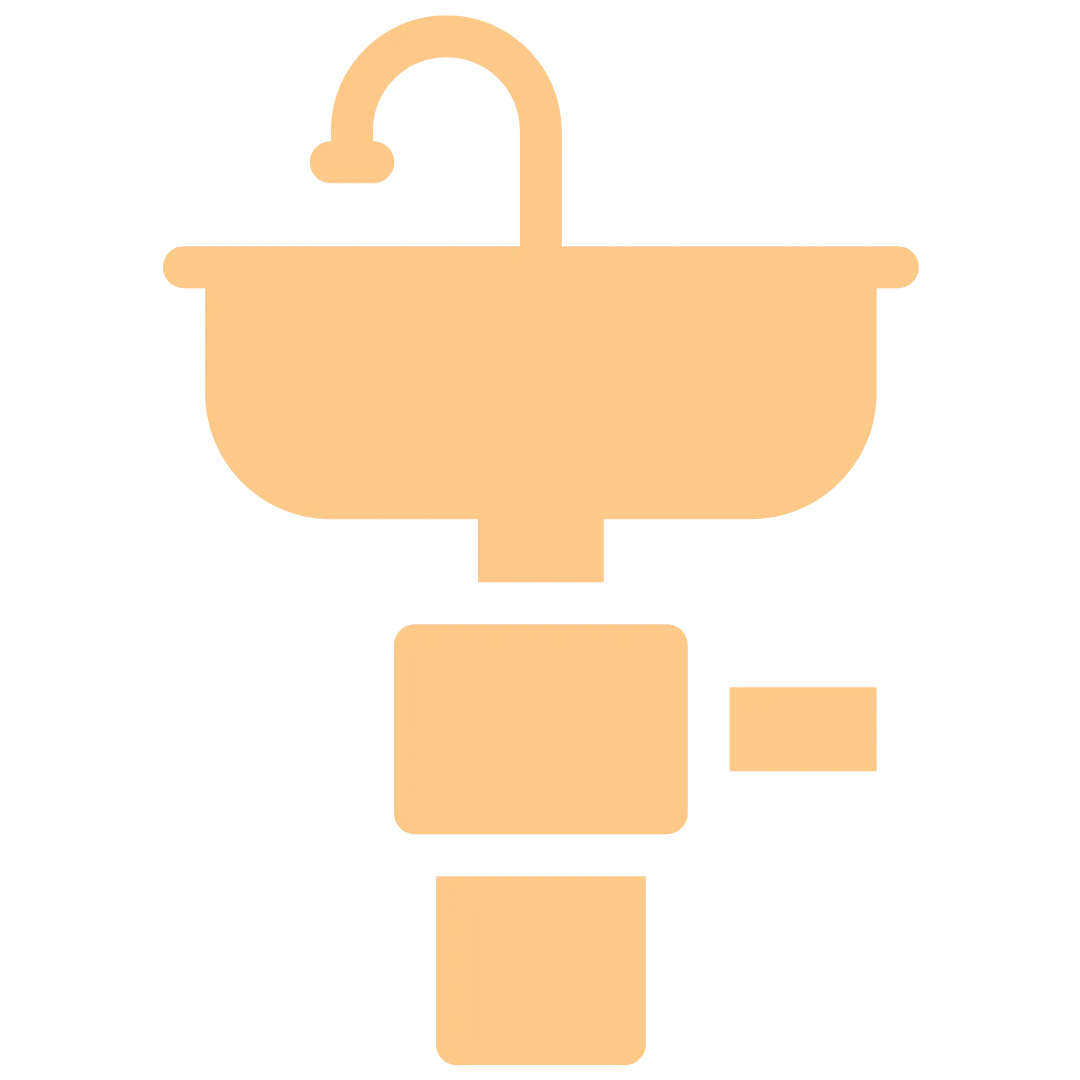
GARBAGE DISPOSAL
From installations to repairs, we ensure your disposal unit operates efficiently, preventing clogs and breakdowns
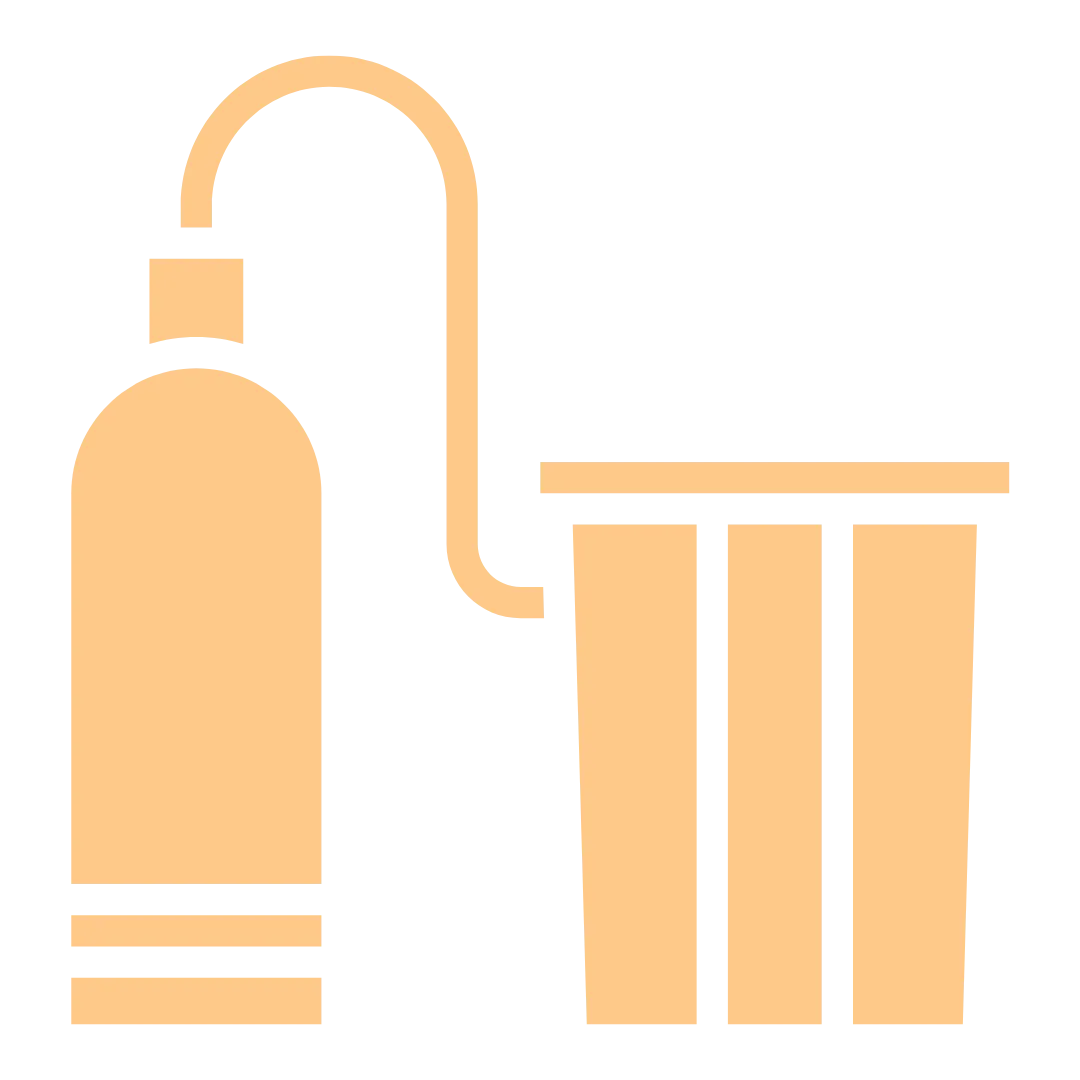
WATER SOFTENER
Our systems help prevent scale buildup in your pipes and appliances, extending their lifespan.
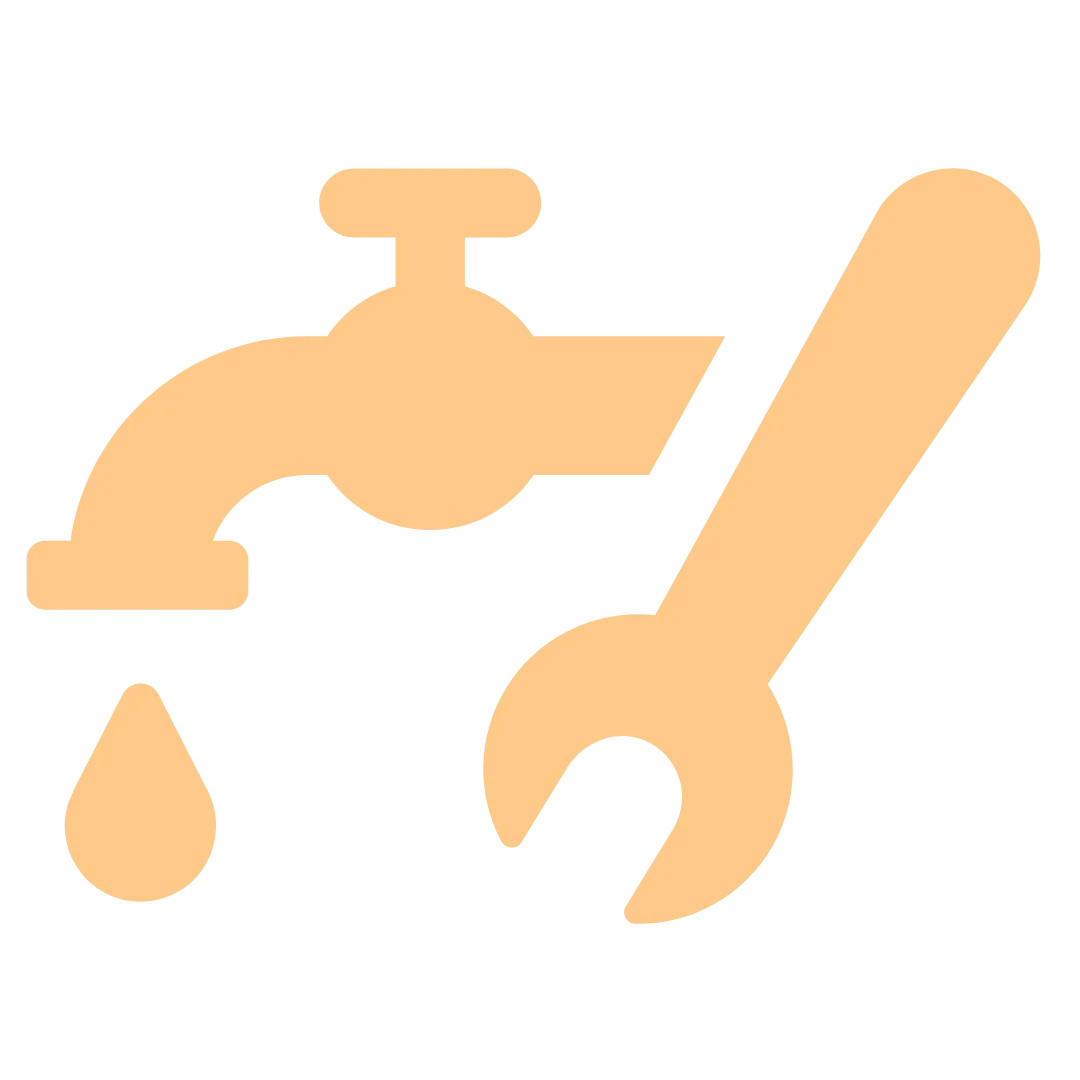
FAUCET REPAIR
We service all types of faucets, ensuring smooth operation and preventing further water damage to your home.
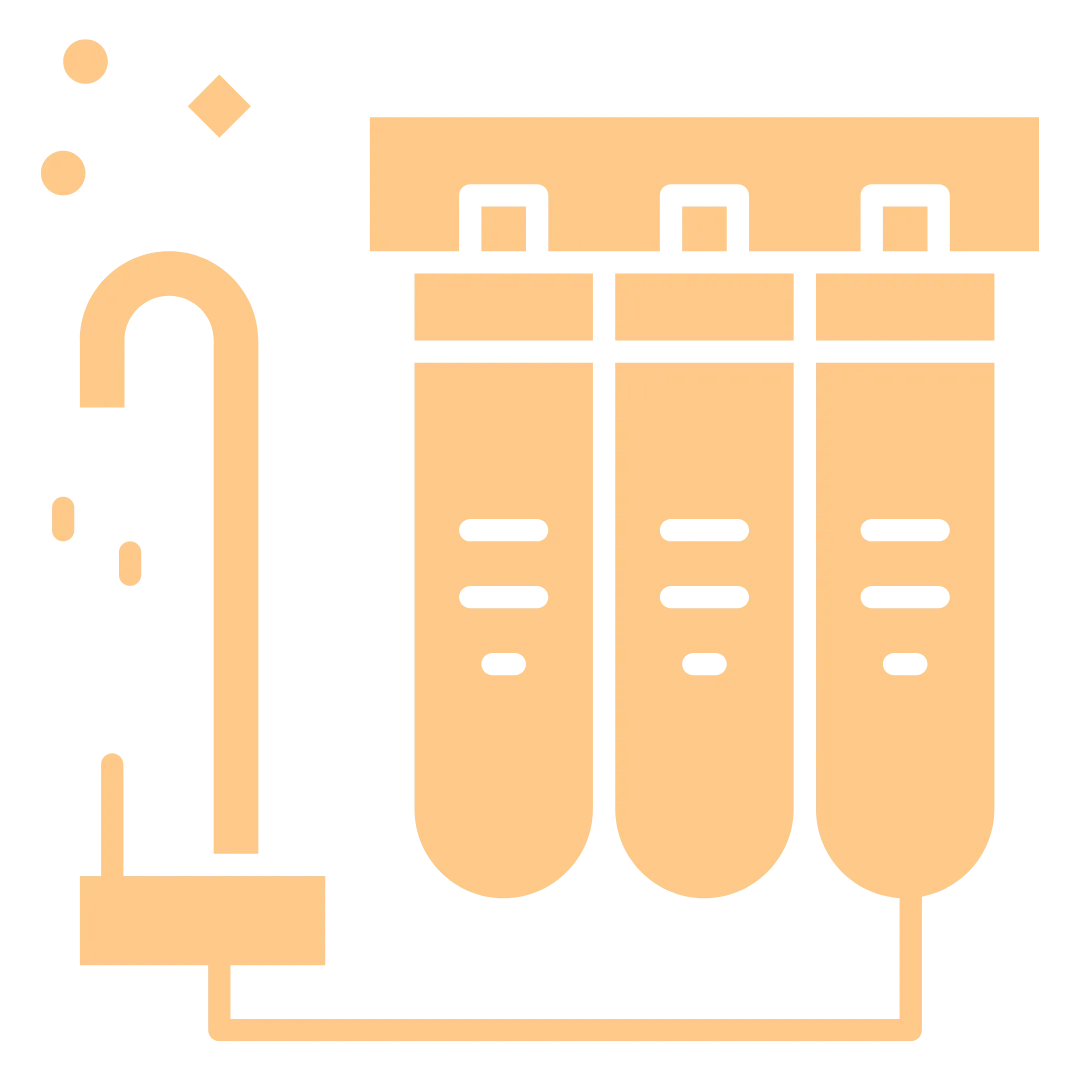
WATER FILTRATION
Enjoy fresher, healthier water for your family with our customized filtration systems.
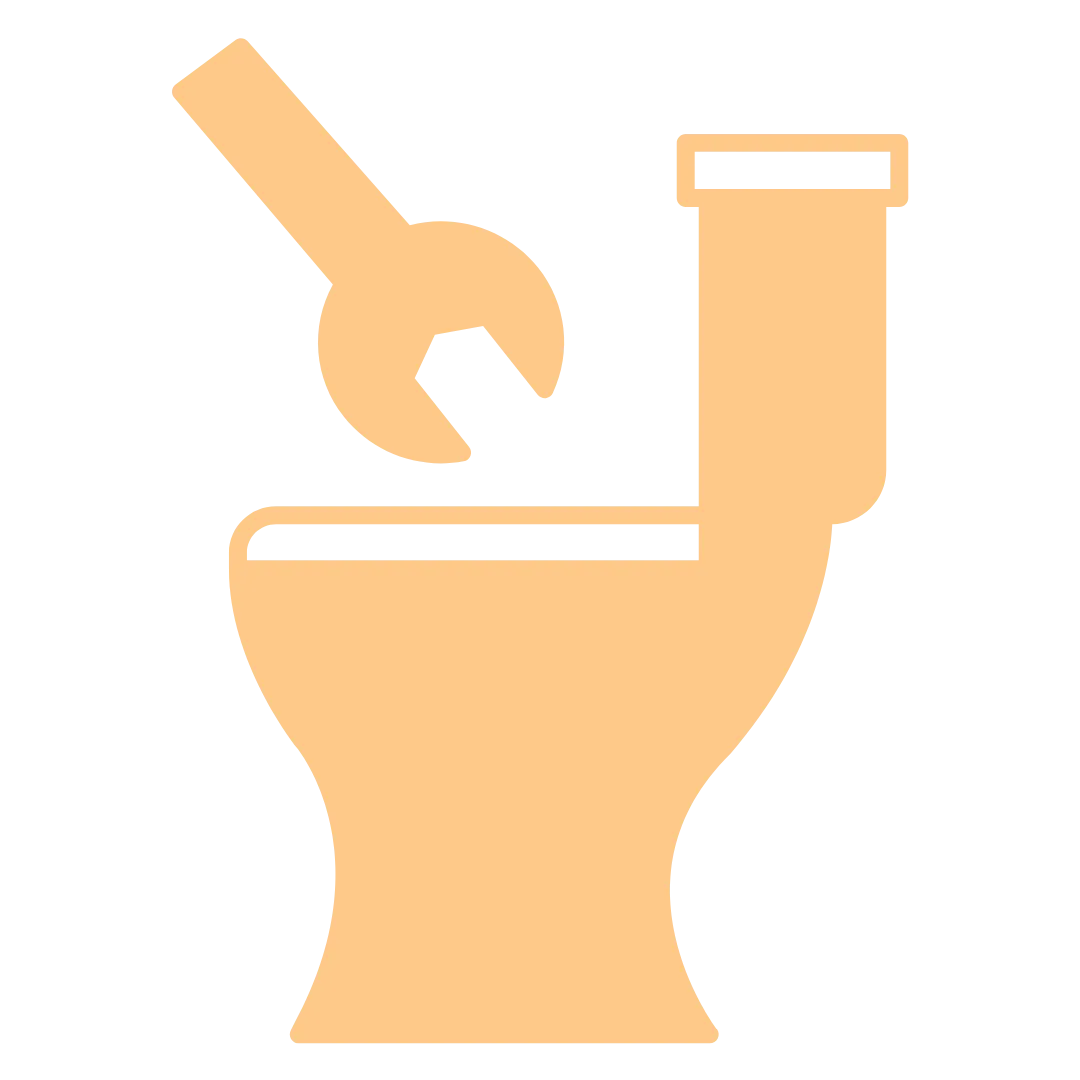
TOILET REPAIR
Whether it’s a simple repair or a full replacement, we’re here to get your bathroom back in working order.
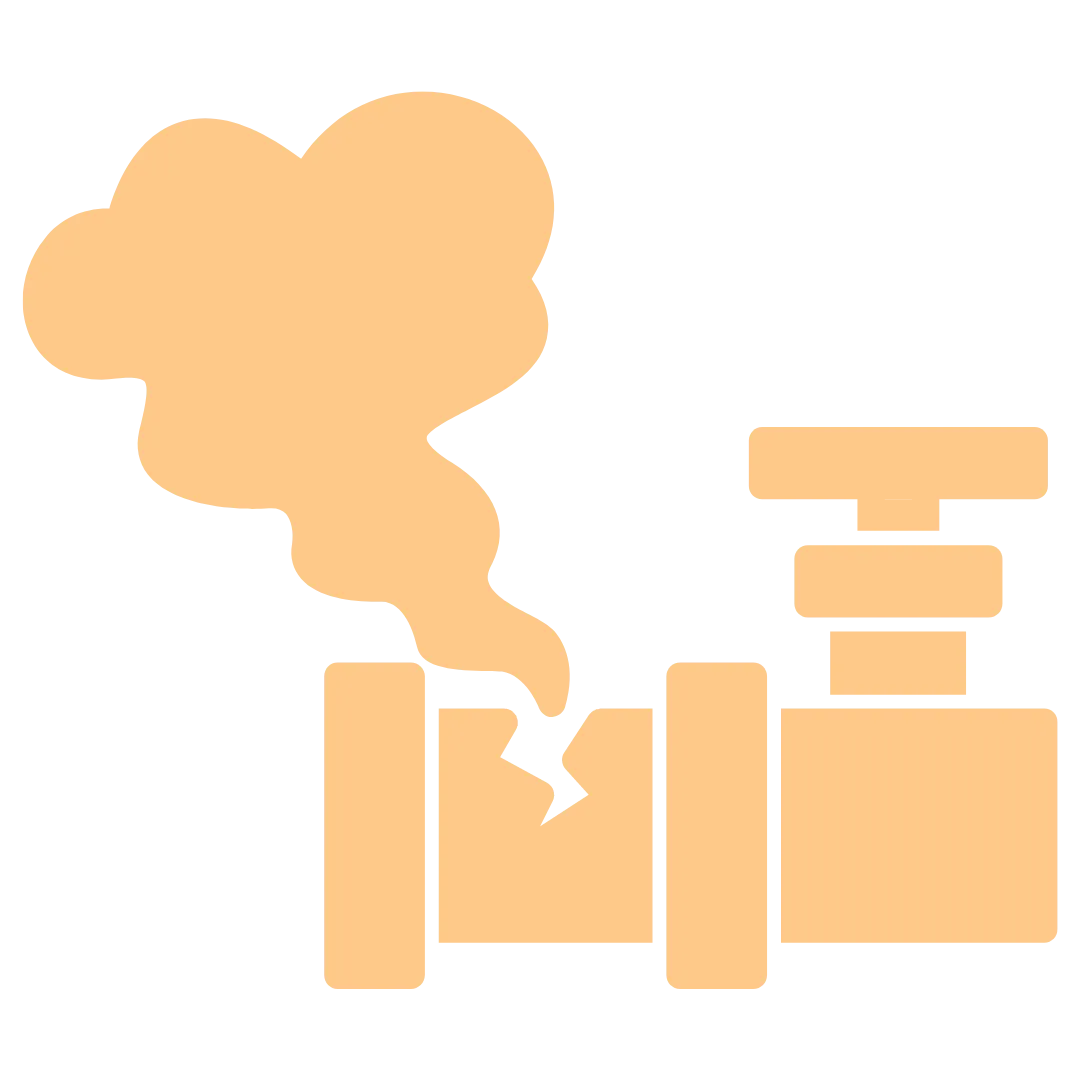
GAS LINE REPAIR
We address leaks, blockages, and other issues with precision and care, adhering to the highest safety standards.
Schedule Your Zip Service Now and Get a Quote
We Solve All Your Plumbing Challenges—Expert Solutions for Every Issue

CUSTOMER-CENTERED APPROACH
Your Satisfaction is Our Priority—Experience Personalized Service with Every Visit

SOLID WARRANTIES
Confidence in Every Service—Benefit from Our Comprehensive Warranties

SPECIALIZED PLUMBING SOLUTIONS
Tailored Expertise for Every Plumbing Need—Customized Solutions for Optimal Results

FAST RESPONSE
Rapid Solutions When You Need Them Most—Prompt Service for Every Plumbing Emergency
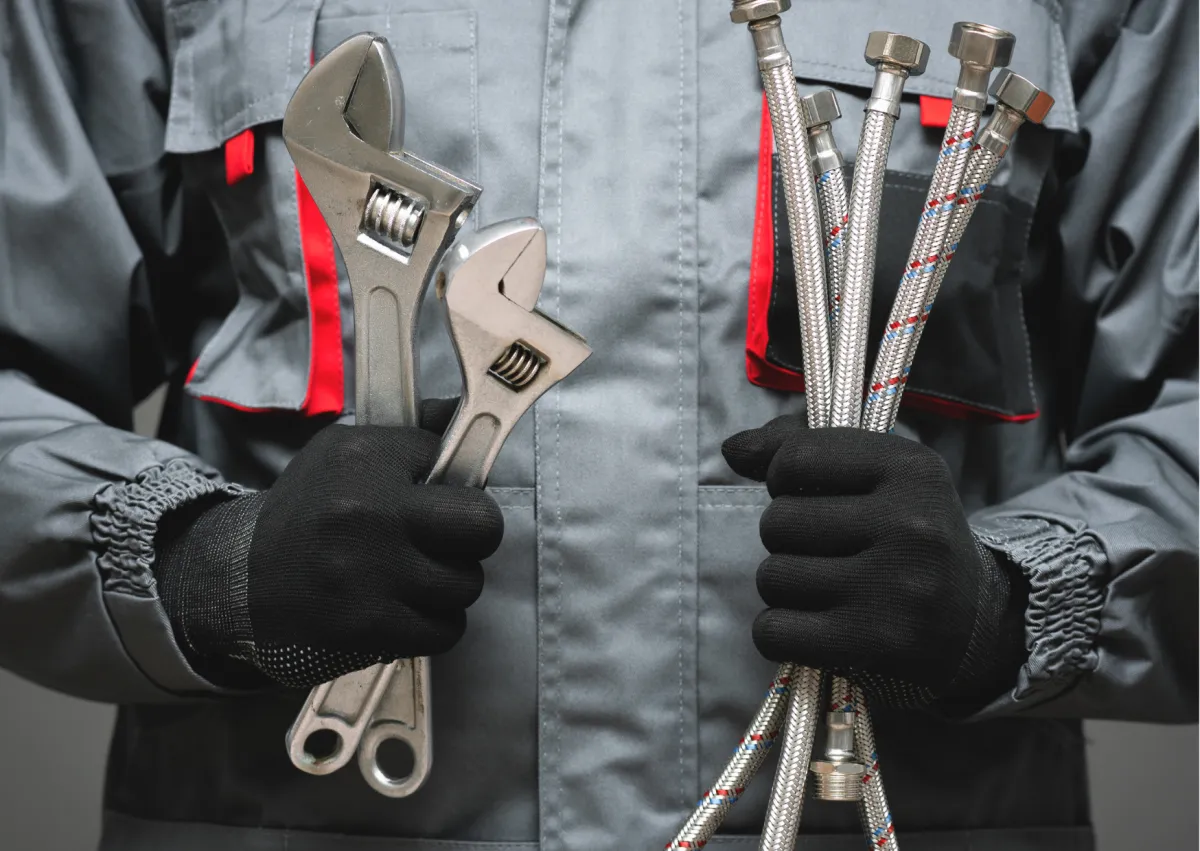
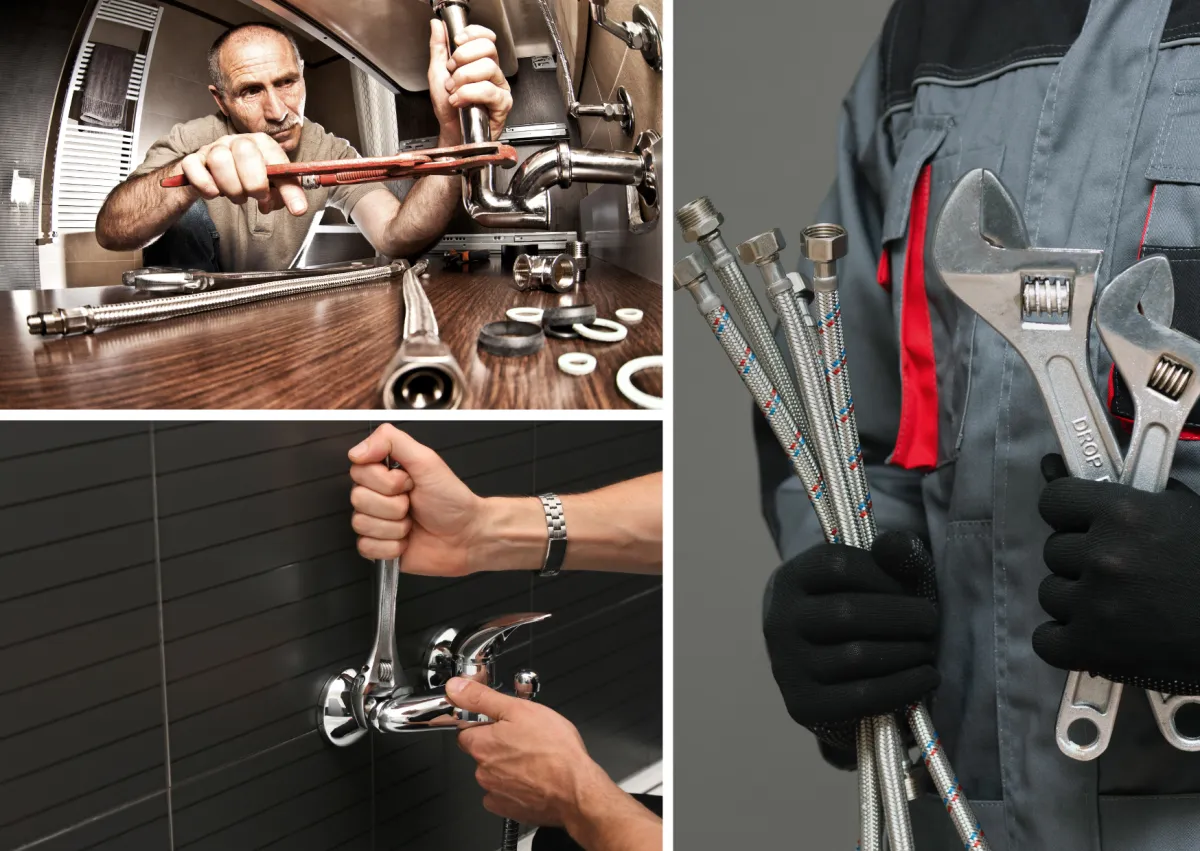
Why Choose ZIP Plumber?
Professional and Friendly Service:
Our skilled plumbers deliver exceptional service with a smile, ensuring you feel comfortable and secure in your home.
Seamless Experience:
Our skilled plumbers deliver exceptional service with a smile, ensuring you feel comfortable and secure in your home.
Clear Pricing:
No hidden fees or surprises. We offer clear and upfront pricing for all our services.
Service Available Locally:
Plumbing emergencies can happen anytime, and so can we. Our skilled plumbers are available in nearby areas to provide prompt, reliable service whenever you need it.
We Repair & Service Most Major Plumbing Brands Including:
American Standard, Zurn, Moen, Kohler, Zurn, Elkay, Briggs, Rheem, Watts, TOTO






OUR OBJECTIVES
Discover How We Can Help with Your Household Needs.
Tailored Solutions for Every Corner of Your Home, Delivered with Care and Expertise—From Plumbing and Repairs to Maintenance and Upgrades, We’re Here to Ensure Your Home Runs Smoothly and Efficiently.
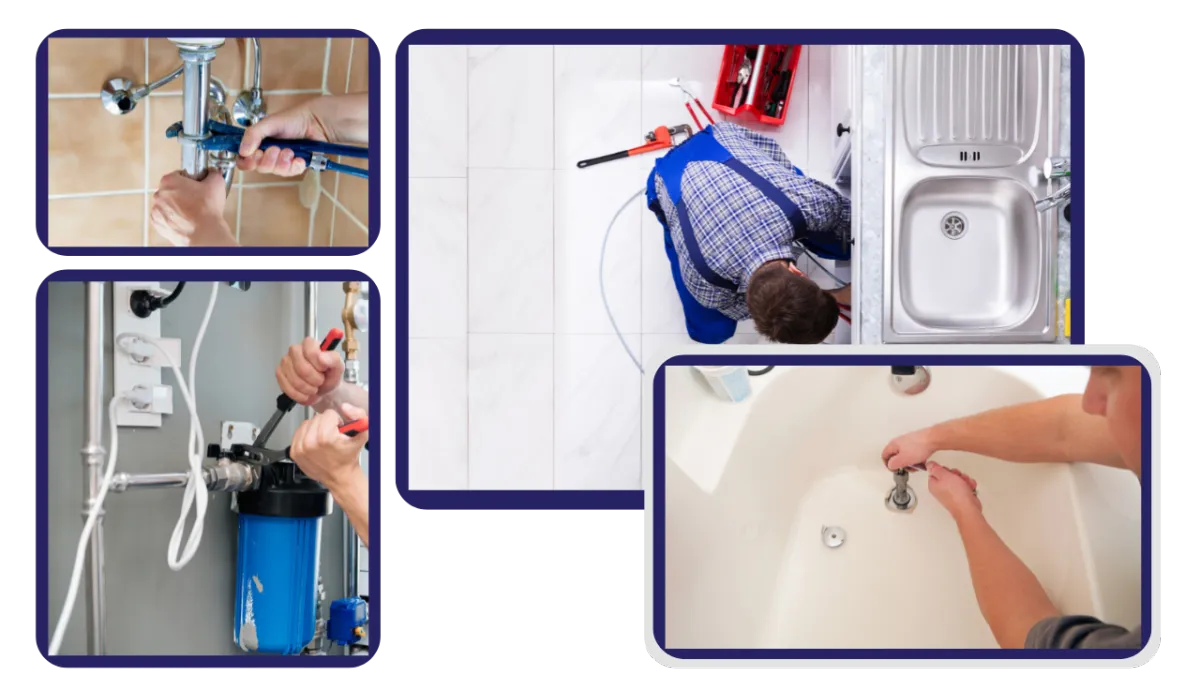
OUR BLOG POSTS
Keep up with the latest industry trends by exploring our newest content.
Stay Informed and Ahead of the Curve with Expert Insights, Emerging Industry Trends, and the Latest Updates from Our Team—Helping You Make Smarter Decisions and Stay Competitive in a Rapidly Evolving Market.
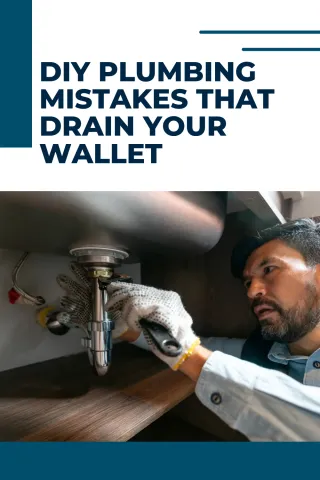
Why Hiring a Licensed Plumber Saves You Money Long-Term Proven
Why Hiring a Licensed Plumber Saves You Money Long-Term Proven by fewer repairs, safer work, and lasting fixes that protect your home and budget. ...more
Plumbing ,Plumbing Service &Plumbing Repair In Bakersfield
December 14, 2025•7 min read

How to Unclog a Drain Without Harsh Chemicals fast
Learn how to unclog a drain without harsh chemicals fast while protecting your plumbing and the environment. ...more
Plumbing ,Plumbing Service &Plumbing Repair In Bakersfield
November 30, 2025•7 min read
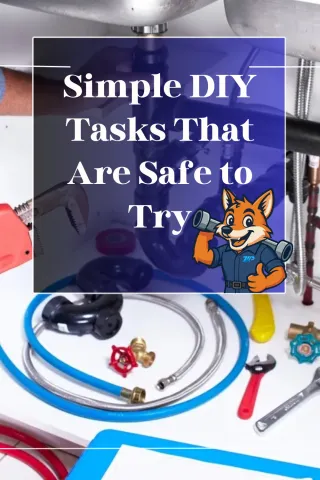
5 Repairs You Should Never Attempt Without a Plumber to Stay Safe
Stay protected with the 5 Repairs You Should Never Attempt Without a Plumber to Stay Safe and keep your plumbing running smoothly. ...more
Plumbing ,Plumbing Service &Plumbing Repair In Bakersfield
November 16, 2025•7 min read
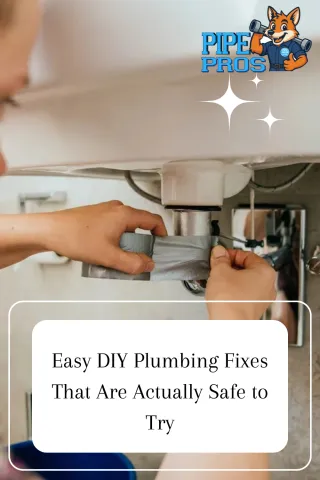
Easy DIY Plumbing Fixes That Are Actually Safe to Try
Learn easy DIY plumbing fixes that are actually safe to try and tackle small leaks or clogs without calling a plumber. ...more
Plumbing ,Plumbing Service &Plumbing Repair In Bakersfield
November 02, 2025•8 min read
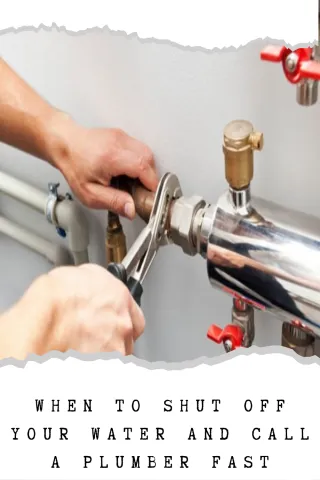
When to Shut Off Your Water and Call a Plumber Fast
Find out when to shut off your water and call a plumber fast to protect your home from plumbing disasters. ...more
Plumbing ,Plumbing Service &Plumbing Repair In Bakersfield
October 19, 2025•9 min read
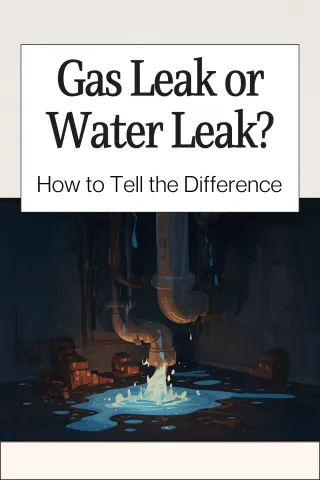
Gas Leak or Water Leak? How to Tell the Difference Like a Pro
Learn the warning signs of a Gas Leak or Water Leak? How to Tell the Difference Fast and keep your home safe. ...more
Plumbing ,Plumbing Service &Plumbing Repair In Bakersfield
October 05, 2025•6 min read
OUR BLOG POSTS
Keep up with the latest industry trends by exploring our newest content.
Stay Informed and Ahead of the Curve with Expert Insights, Emerging Industry Trends, and the Latest Updates from Our Team—Helping You Make Smarter Decisions and Stay Competitive in a Rapidly Evolving Market.
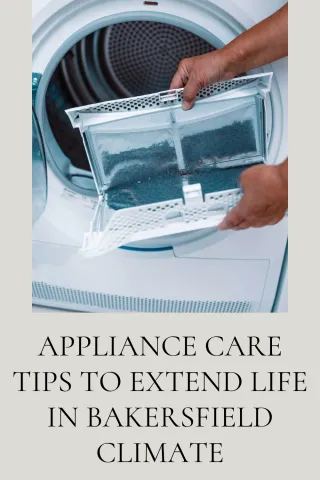
How to Extend Appliance Life in Tough Bakersfield Climate
How to Extend Appliance Life in Tough Bakersfield Climate with simple care tips that protect your appliances from heat, dust, and daily wear. ...more
Dishwasher Repair ,Refrigerator Repair Plumbing water heater &Maytag
December 14, 2025•6 min read
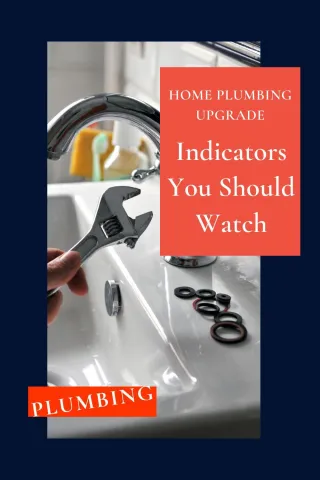
Signs Your Home Needs a Plumbing Upgrade Now
Learn the top signs your home needs a plumbing upgrade now to prevent costly repairs and keep your system running smoothly. ...more
Plumbing ,Plumbing Service &Plumbing Repair In Bakersfield
January 19, 2025•16 min read

DIY Plumbing Repairs vs Hiring a Pro Know When to Call
Master the art of decision-making with DIY plumbing repairs vs hiring a pro. Know when it’s time to pick up the phone for professional support. ...more
Plumbing ,Plumbing Service &Plumbing Repair In Bakersfield
December 29, 2024•11 min read
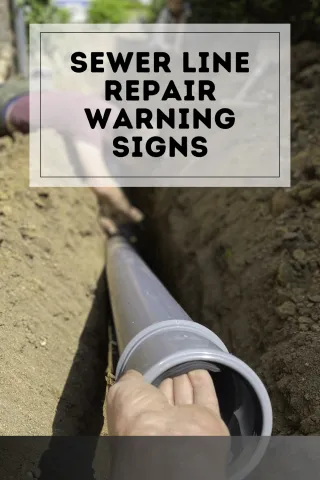
Top Signs Your Sewer Line Needs Repair Now
Don’t ignore the warning signals. Explore the top signs your sewer line needs repair now to keep your plumbing running smoothly. ...more
Plumbing ,Plumbing Service &Plumbing Repair In Bakersfield
December 15, 2024•10 min read
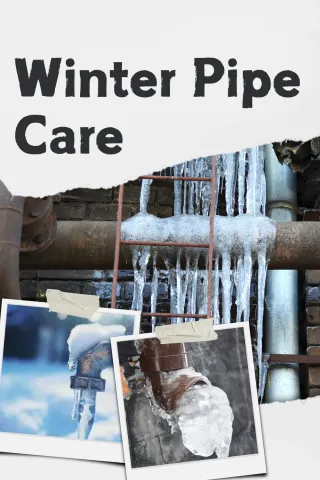
How to Prevent and Handle Frozen Pipes This Winter
Ensure your pipes stay in top condition. Learn how to prevent and handle frozen pipes this winter to avoid damage and costly repairs. ...more
Plumbing ,Plumbing Service &Plumbing Repair In Bakersfield
December 01, 2024•13 min read
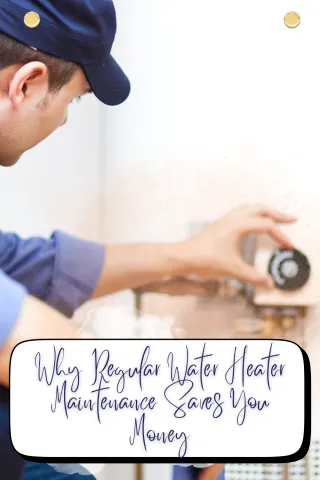
Protect Your Appliances with Regular Water Heater Maintenance
Avoid costly breakdowns by learning how to protect your appliances with regular water heater maintenance. ...more
Plumbing ,Plumbing Service &Plumbing Repair In Bakersfield
November 24, 2024•6 min read
In Need Of Plumbing Expert?
We're the plumbers that Bakersfield and its surrounding areas trust! No job is too big or too small for Zip Plumbers!
Office: 1405 Commercial Way Ste 100
Bakersfield, CA 93309
Call (661) 370-2701
License #: 1116346
Service Available In Nearby Areas
